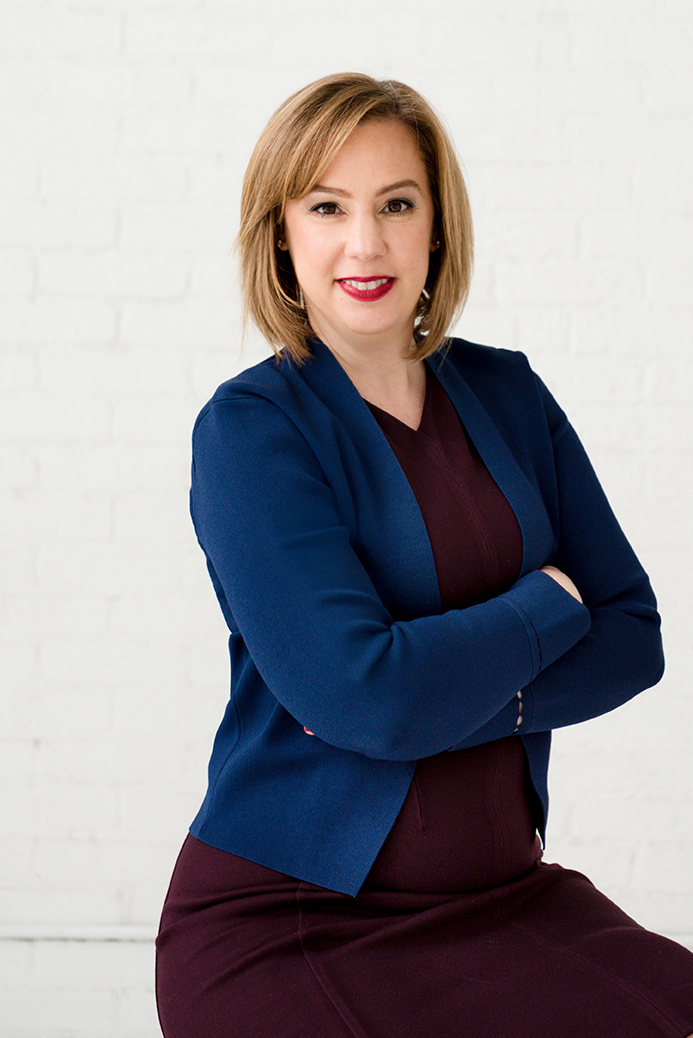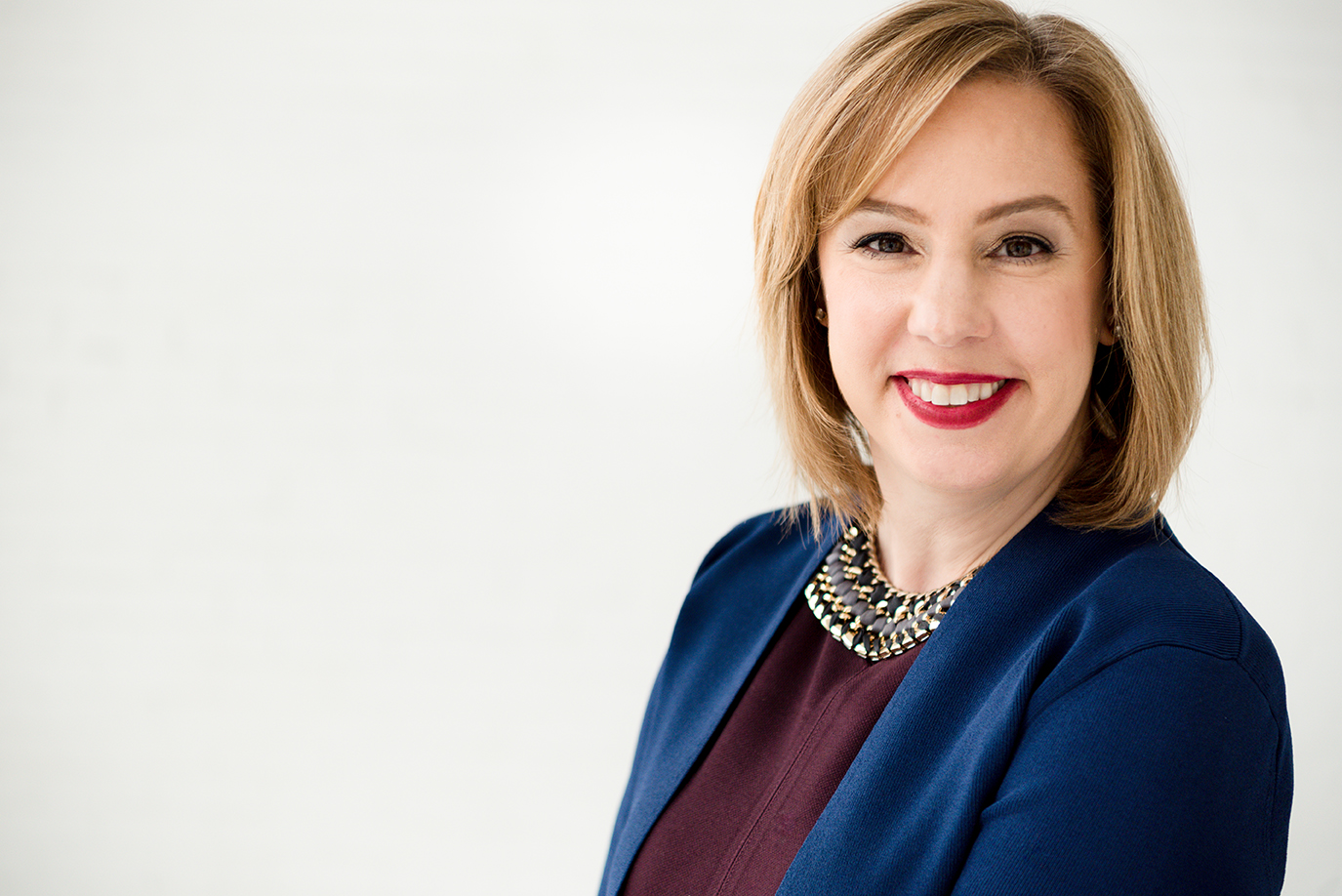Mediator
As a certified mediator, Michelle can help parties navigate their family law matters through the mediation process aiming to reach a global settlement for both their parenting and financial issues.
Why mediation?
Litigation is a rigid, public process that can be financially and emotionally costly. In contrast, mediation is a more cost-effective approach that offers flexibility and confidentiality.
Mediation Intake
If you wish to explore the possibility of using Michelle as a mediator, the parties should contact the office and schedule a consultation. To ensure an effective mediation process, both parties should be engaged from the very beginning. Both parties must attend the initial consultation together to learn about the process, ask questions and meet Michelle at the same time. In the event that the parties wish to proceed with the mediation, independent confirmation must be given by each party.
Case Management Conference
Mediation Sessions
Virtual Mediation
Memorandum of Understanding
Attorney Involvement
If you hire Michelle as a mediator, she cannot act as a lawyer for either party and cannot represent either party at any future date. Additionally, Michelle cannot draft the final documents which will be presented to the court and cannot appear in court on behalf of either or both parties. It is strongly recommended that both parties hire their own lawyers to give them legal advice during the mediation process and to draft and review the legal documents which are prepared based on the MOU. It may not be necessary for the lawyers to be physically present at the mediation session. Michelle will discuss with the parties the level of involvement of their attorneys during the process.


